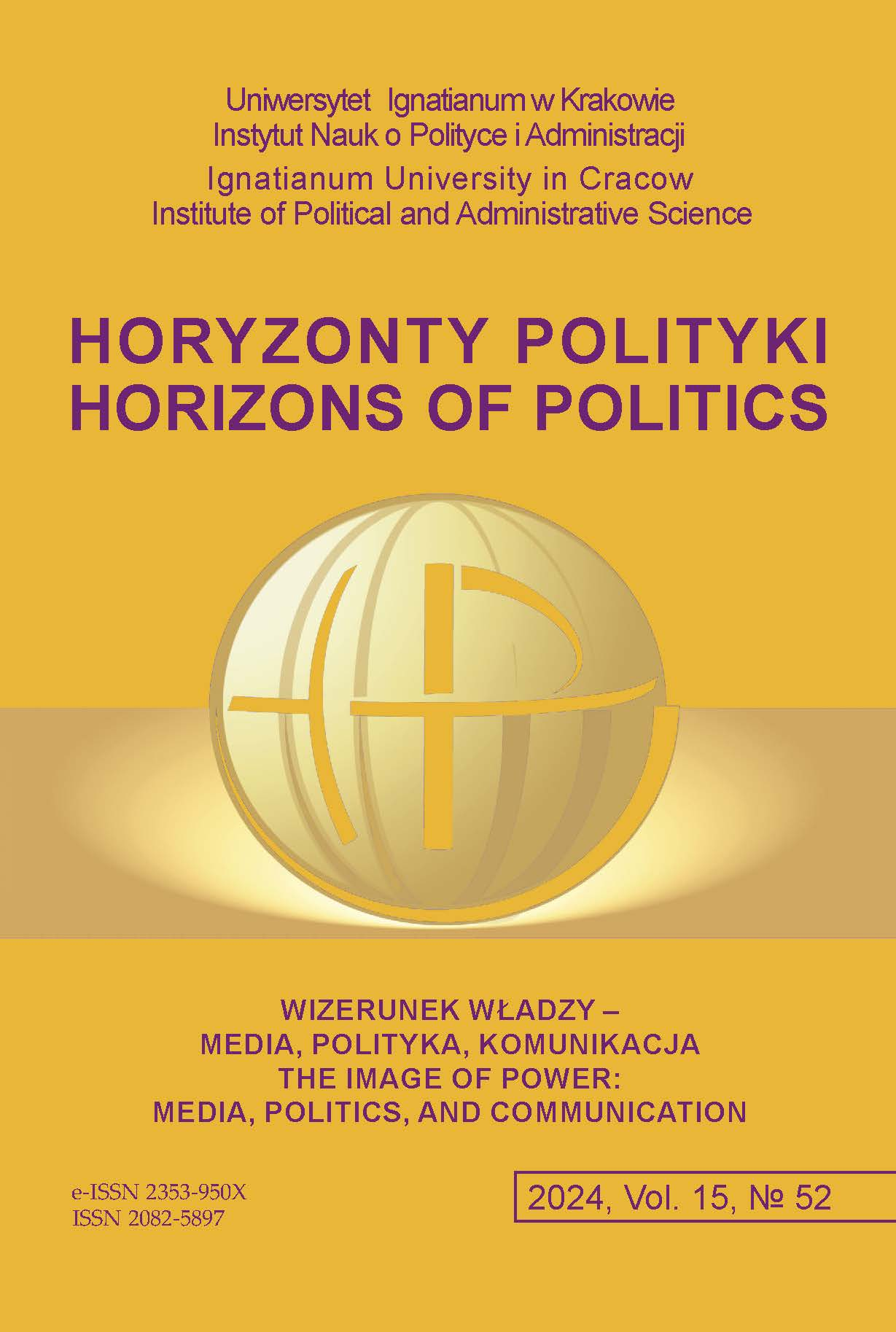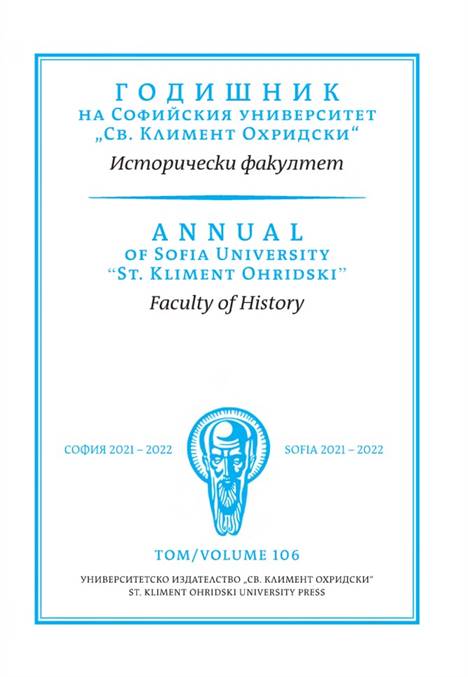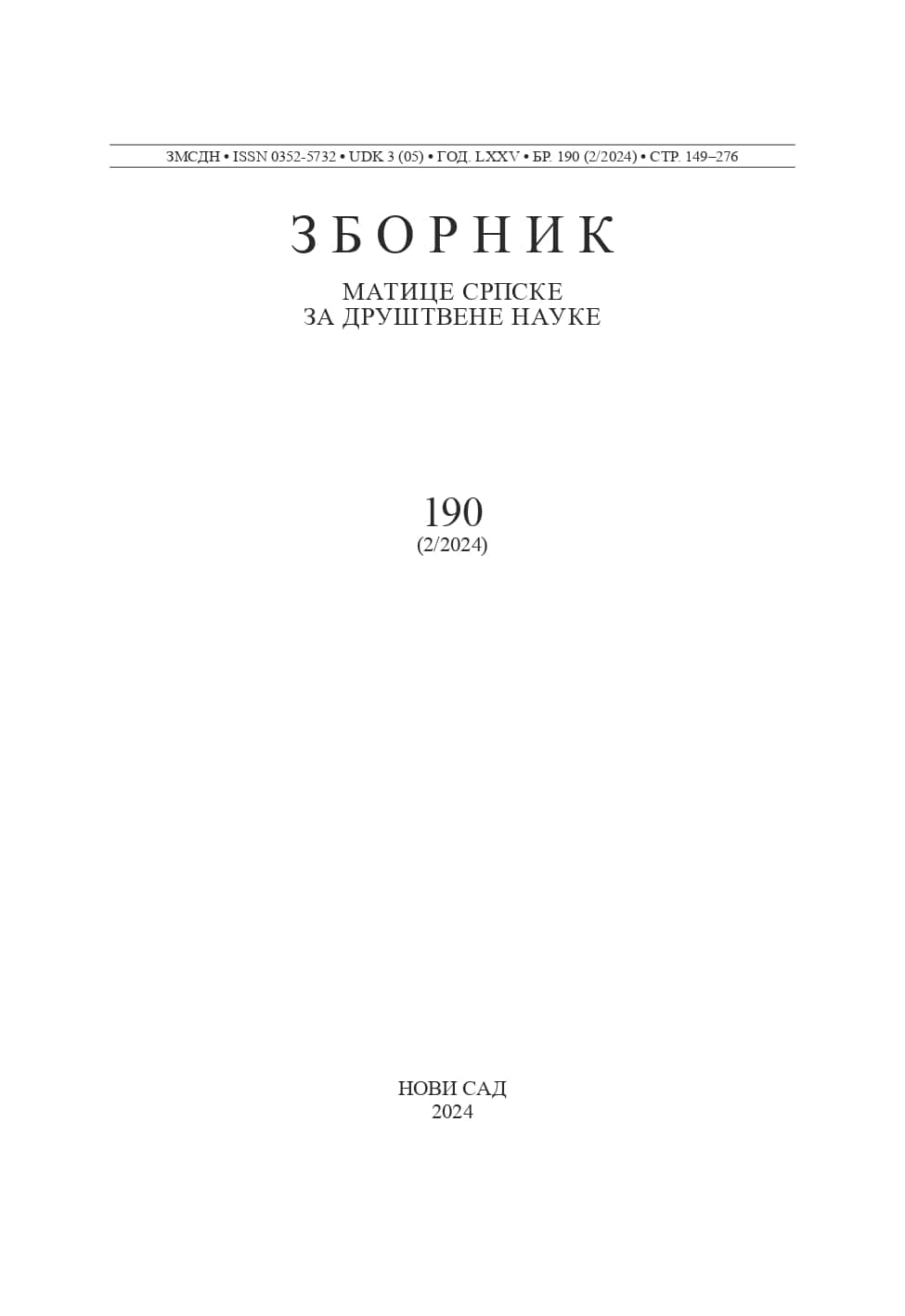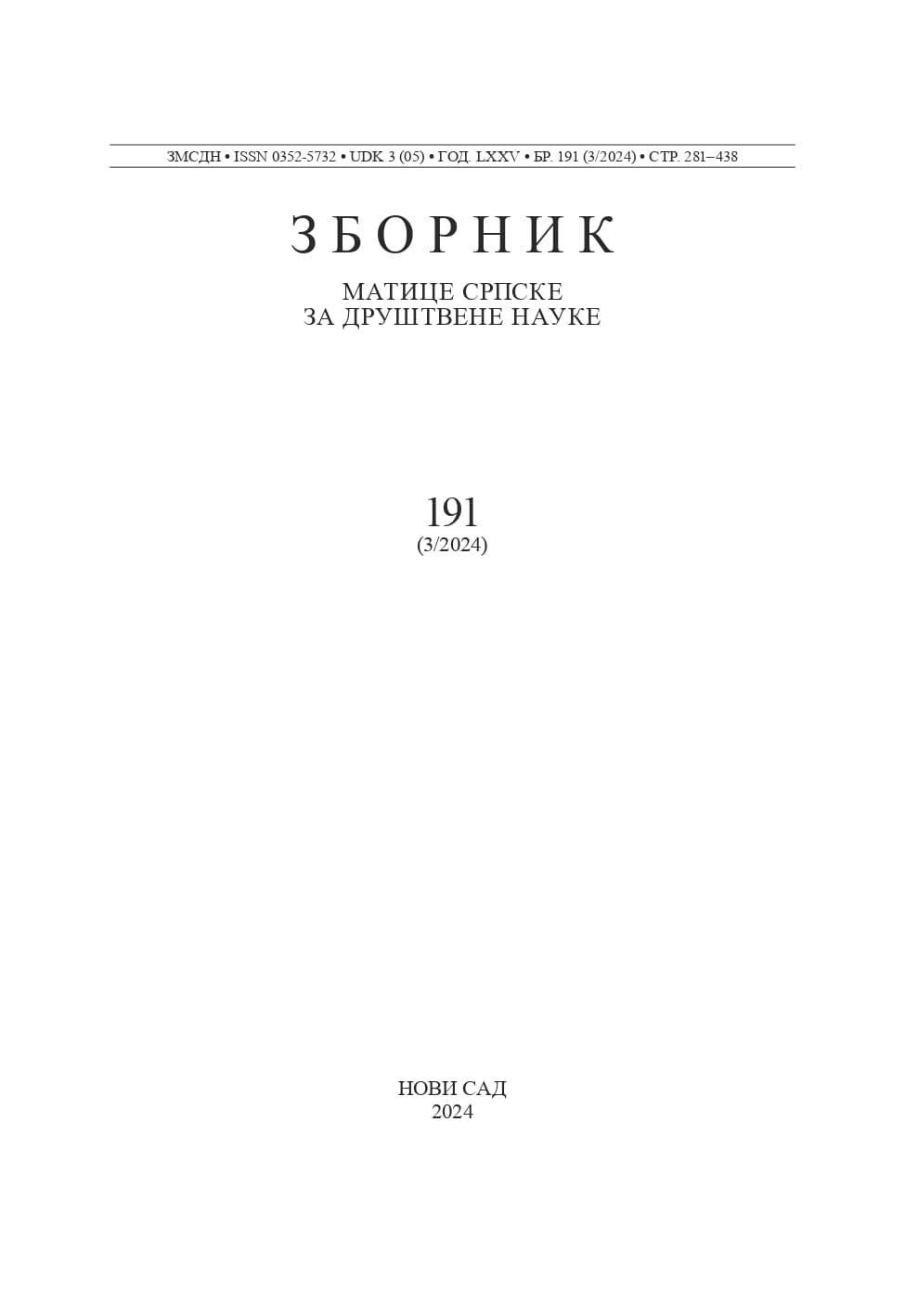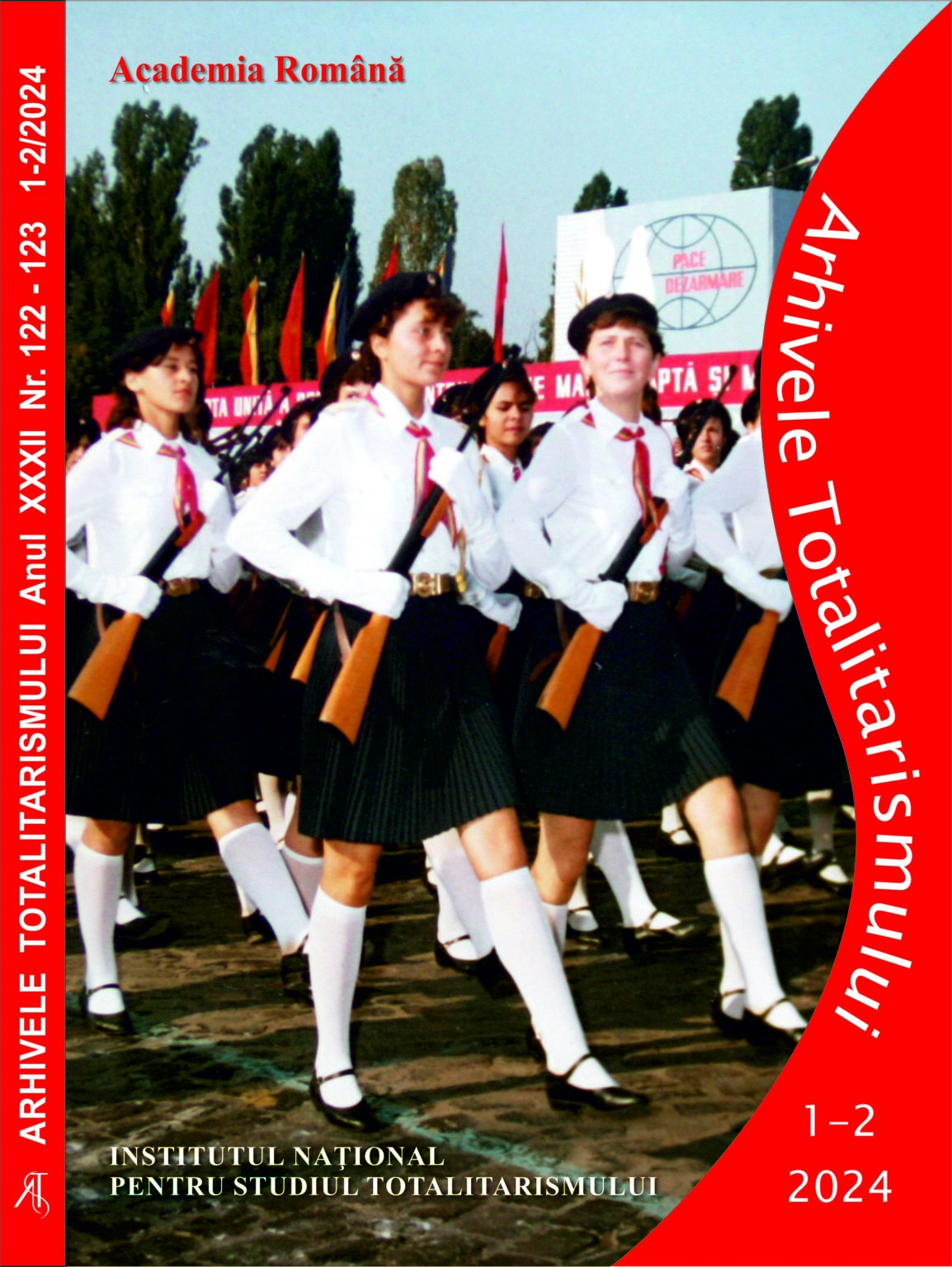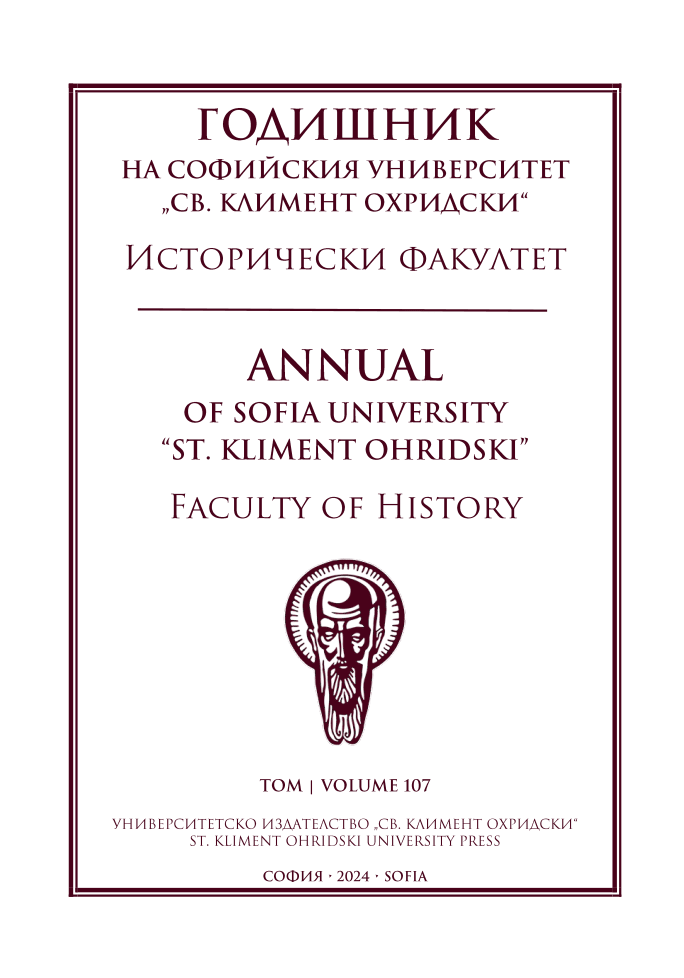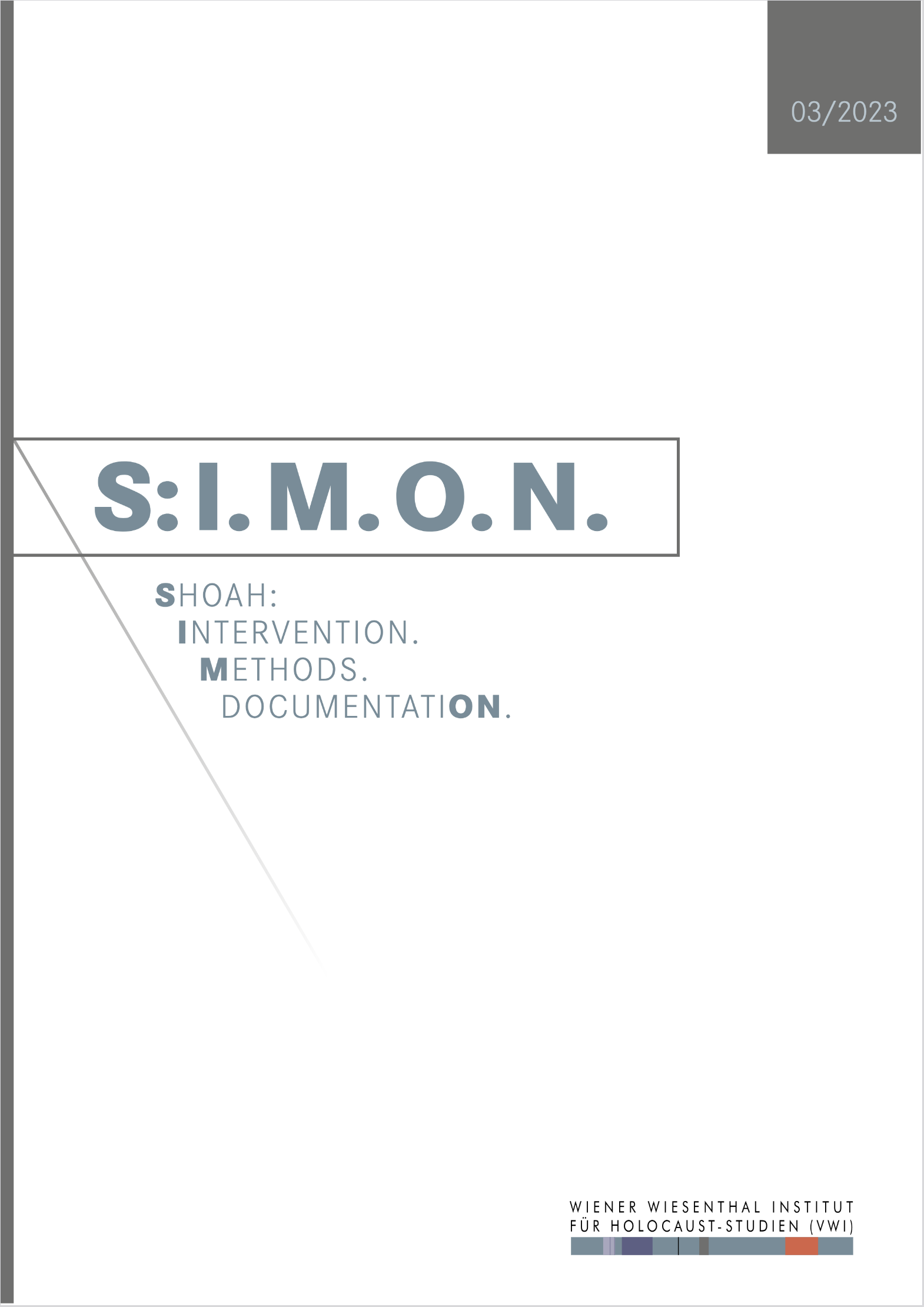
Sheltering from the Pain of Others. Trauma-Dynamics in Ida Fink's Holocaust Short Stories
In this paper I will analyse the short stories of Ida Fink, a Polish writer and Holocaust survivor, focusing on how she writes about traumatic memories, showing the perspectives of the victims and survivors, as well as listeners, witnesses, and bystanders. Relatively little has been written about Ida Fink’s works apart from Polish literary studies, and even less from a trauma studies perspective. This paper aims to fill this gap. I will show, through psychologically oriented close readings of several short stories, how Ida Fink presents various trauma dynamics, trauma moments as well as denial, indifference, and the inability to listen to the trauma of others. Some protagonists attempt to process and integrate their traumatic experiences through sharing and storytelling, but they are constantly rejected by those around them. Observers and bystanders often see the traumatized as “the other”, and they don’t acknowledge their painful memories. Other stories show how changes in social norms brought about the war contributed to the ruptures of societal networks and the shattering of social norms, leading, through silencing trauma, to the formation of collective traumatisation, where the social environment, despite best individual intentions, invalidates and trivialises the traumatized person's experience. On the other hand, at another level, the stories can become an experience of working through collective historical trauma for the reader.
More...
